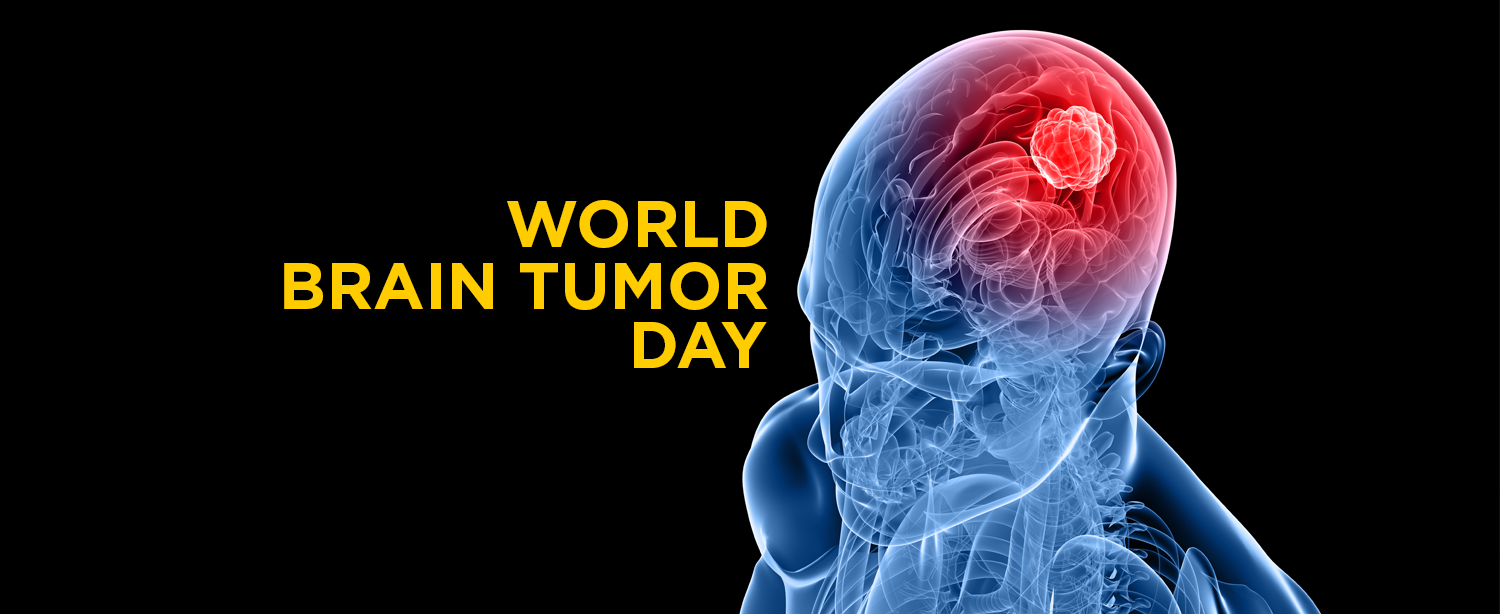World Brain Tumour Day 2024: Raising Awareness and Promoting Research
World Brain Tumour Day is observed annually on June 8th to raise awareness about brain tumours and to advocate for research and support for those affected by this condition. This day serves as a crucial reminder of the impact of brain tumours on patients and their families, and it encourages communities, healthcare professionals, and policymakers to take action in support of better diagnosis, treatment, and care.
Significance of World Brain Tumour Day
The significance of World Brain Tumour Day lies in its ability to draw global attention to a serious health issue that affects millions of people worldwide. Brain tumours, whether malignant or benign, can have profound effects on an individual’s health, cognitive functions, and quality of life. By observing this day, we aim to improve public awareness about the symptoms, risks, and treatments associated with brain tumours, thereby promoting early detection and effective management.
Awareness Campaigns and Initiatives
Various awareness campaigns and initiatives are organized globally to mark World Brain Tumour Day. These include educational seminars, public lectures, and media campaigns aimed at disseminating information about brain tumours. Healthcare organizations and advocacy groups often collaborate to provide resources and support to patients and their families, emphasizing the importance of timely medical intervention and support networks.
Importance of Research and Innovation
Research and innovation play a pivotal role in the fight against brain tumours. World Brain Tumour Day highlights the need for continued investment in scientific research to develop better diagnostic tools, treatment methods, and ultimately, a cure. Advances in medical technology and therapeutic approaches have improved patient outcomes, but ongoing research is essential to further these gains and provide hope for those affected.
Community Support and Patient Care
Community support is vital for patients battling brain tumours. On World Brain Tumour Day, various events are held to foster a sense of community and solidarity among patients, survivors, and caregivers. Support groups, fundraising events, and awareness walks are common activities that not only raise funds for research but also provide emotional and psychological support to those in need.

Why This News is Important
Highlighting a Global Health Concern
World Brain Tumour Day brings to light a significant global health concern that often does not receive the attention it deserves. By focusing on this issue, the day helps to educate the public about the prevalence and impact of brain tumours, which can lead to increased support and funding for related initiatives.
Promoting Early Detection and Treatment
Awareness campaigns associated with World Brain Tumour Day emphasize the importance of recognizing symptoms early and seeking prompt medical advice. Early detection is crucial for improving treatment outcomes, and public education efforts can play a key role in reducing delays in diagnosis.
Encouraging Research and Development
The observance of World Brain Tumour Day underscores the critical need for ongoing research and development in the field of neuro-oncology. By highlighting recent advancements and ongoing studies, this day advocates for continued investment in scientific research that could lead to breakthroughs in the treatment and management of brain tumours.
Historical Context
Origin of World Brain Tumour Day
World Brain Tumour Day was established by the German Brain Tumour Association (Deutsche Hirntumorhilfe e.V.) in 2000. The association, which supports brain tumour patients and their families, initiated this day to draw attention to the challenges faced by those affected and to promote research efforts.
Advances in Brain Tumour Research
Over the years, significant advances have been made in the field of brain tumour research. Innovations in imaging technology, surgical techniques, and targeted therapies have improved the diagnosis and treatment of brain tumours. However, despite these advancements, brain tumours remain a challenging area of oncology, necessitating further research and collaboration.
Global Impact of Brain Tumours
Brain tumours affect individuals of all ages and can have a profound impact on communities worldwide. According to the World Health Organization (WHO), brain and central nervous system cancers are among the leading causes of cancer-related deaths globally. This highlights the urgent need for global awareness and action.
Key Takeaways from World Brain Tumour Day 2024
| Serial Number | Key Takeaway |
|---|---|
| 1 | World Brain Tumour Day is observed on June 8th. |
| 2 | The day aims to raise awareness about brain tumours. |
| 3 | Emphasizes the importance of early detection and treatment. |
| 4 | Highlights the need for ongoing research and development. |
| 5 | Established by the German Brain Tumour Association in 2000. |
Important FAQs for Students from this News
1. What is World Brain Tumour Day?
World Brain Tumour Day is observed annually on June 8th to raise awareness about brain tumours and to advocate for research and support for those affected by this condition.
2. Why is World Brain Tumour Day important?
The day is important for increasing public awareness about brain tumours, promoting early detection and treatment, encouraging research and innovation, and providing support to patients and their families.
3. Who established World Brain Tumour Day?
World Brain Tumour Day was established by the German Brain Tumour Association (Deutsche Hirntumorhilfe e.V.) in 2000.
4. What activities are typically organized on World Brain Tumour Day?
Activities include educational seminars, public lectures, media campaigns, support groups, fundraising events, and awareness walks to foster community support and raise funds for research.
5. How can individuals participate in World Brain Tumour Day?
Individuals can participate by attending or organizing awareness events, spreading information on social media, donating to research and support organizations, and supporting patients and caregivers.
Some Important Current Affairs Links

















